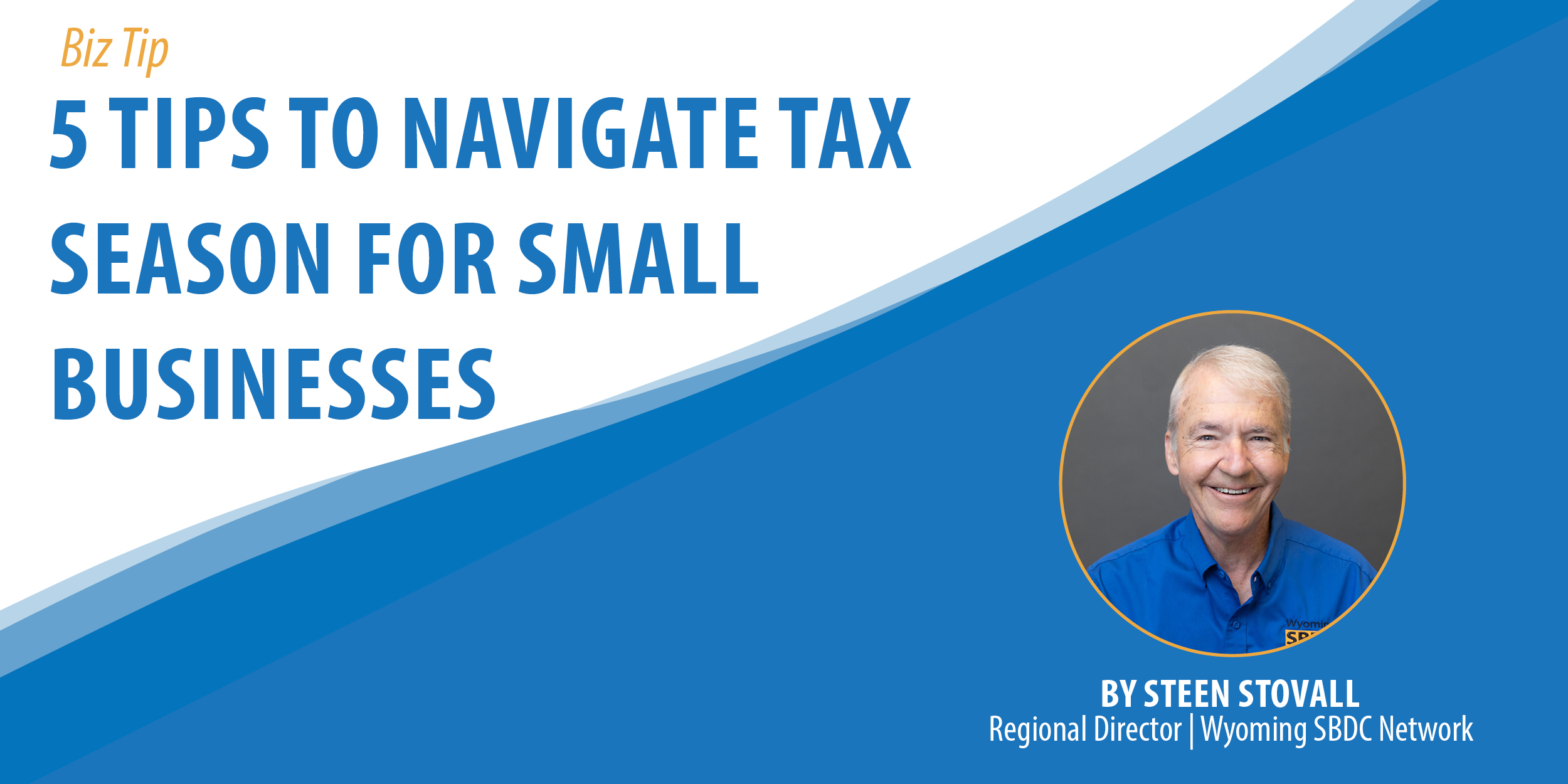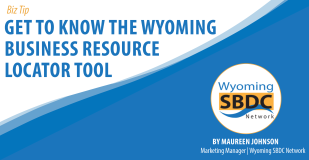Tax season has arrived, and with it the significant accounting and financial challenges it can pose for even the most organized business owners. To prepare effectively for this year’s tax season and streamline future preparations, here are five straightforward tips for small businesses:
- Maintain ongoing preparation: Avoid the last-minute rush by consistently tracking expenses and reviewing financial records throughout the year. Recording expenses promptly, including meals, entertainment, and mileage, along with retaining receipts, is crucial. Additionally, maintaining detailed notes and daily diaries regarding expenses ensures accuracy and facilitates IRS audits. Embracing modern apps can simplify this ongoing preparation process.
- Address ghost assets: Ghost assets, inventory, or assets that cannot be accounted for due to physical loss or damage, can significantly impact a company’s finances and taxes. Employing sophisticated inventory and asset management systems can mitigate the risk associated with ghost assets, ensuring accurate reporting during tax season and potential audits.
- Maximize deductions: Understand that tax rules offer incentives and deductions that can benefit your business. Collaborate with your accountant to identify and capitalize on potential deductions, such as car expenses, home office deductions, and startup costs. Thoroughly review current regulations to ensure you’re taking advantage of all available deductions.
- Utilize accounting software and professional assistance: Simplify tax preparations by leveraging effective accounting software like QuickBooks to manage accounts, expenses, and payroll. While software streamlines accounting tasks, consulting a knowledgeable accountant ensures compliance with changing regulations and maximization of deductions. Maintain a balance between self-management and expert guidance to ensure accurate and timely tax filings.
- Establish a strategic retirement fund: Contribute to retirement accounts like a 401(k) or IRA to defer taxes on income until withdrawal, thereby reducing your annual tax burden. Consult with your accountant and adhere to local laws and regulations when determining contribution limits for retirement accounts.
While tax season may seem daunting, implementing these simple tips will empower your small business to navigate tax obligations confidently and efficiently, setting the stage for success.
If you’d like to learn more about tax preparation for your small business, contact your Wyoming SBDC Network advisor who is available to provide no-cost, confidential assistance. Get started today by clicking here.
About the Author: Steen has been involved in the small business and workforce development sectors for more than 25 years. A business veteran, he co-founded businesses in the oil, gas, retail, and construction industries. He’s also been involved in the academic sector, teaching classes in entrepreneurship, marketing, management, accounting, and construction planning at numerous colleges and universities. Most recently Steen served as the Interim State Director of the SBDC Network in the U.S. Virgin Islands.






